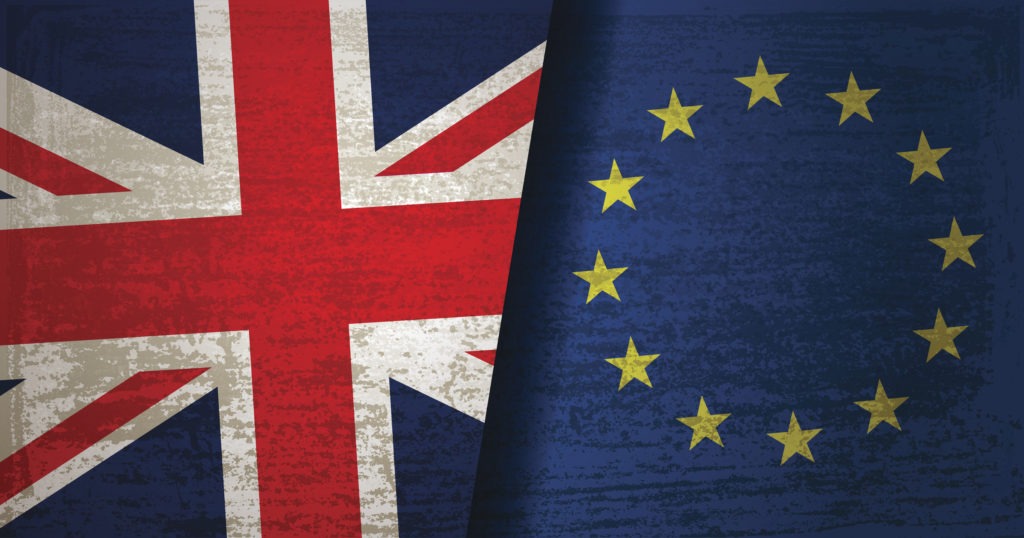UK plans to align regulations with EU in automotive market following Brexit
27 February 2018

27 February 2018
The UK will align its regulations with the European Union in some areas, including the automotive sector, following the completion of the Brexit process.
Britain is to leave the EU during 2019, with plans for a transitional period put in place until the end of 2020. However, negotiations are still ongoing, with the belief that the country will put out of customs unions completely following the transition. Negotiations on trade deals are yet to take place.
According to health minister Jeremy Hunt, when negotiations with the EU on future trade open next month, Britain will ask to keep the bloc’s regulations “on a voluntary basis” for key industry sectors such as car-making.
′There will be areas and sectors of industry where we agree to align our regulations with European regulations, the automotive industry is perhaps an obvious example because of supply chains that are integrated, but it will be on a voluntary basis,’ he told the BBC.
Hunt spoke following a meeting between Prime Minister Theresa May and her top aides to resolve differences over the government’s EU strategy. While Hunt wasn’t present, he was able to confirm there were ′divergent views’ amongst ministers but said the meeting was ′a very positive discussion and we have made good progress.’
Hunt said there was no possibility of the government changing its position on leaving the customs union after Brexit. ′What we won’t be doing is accepting changes in rules because the EU unilaterally chooses to make those changes,’ he said.
Jaguar Land Rover has already warned that it would not be able to compete successfully in the global automotive market if the UK leaves the single market without a good trade deal, according to ITV.
The report said that the firm has long said that when the UK leaves the EU, it does not want tariffs on car parts coming into the UK or on cars leaving the UK for export to Europe.
It added that Jaguar Land Rover says that some of its competitors based in Europe may gain a competitive advantage post-Brexit and if so it warns ″there can be no assurance we will be able to compete successfully in the global automotive industry in the future″.
Vehicle manufacturers have been concerned over the impact of Brexit on their businesses, with executives from Japanese firms meeting Theresa May earlier in February to discuss the situation, including fears over investments in their car plants.
Vehicle manufacturer Honda also warned that any departure from the EU’s customs union would push up costs for small and medium-sized parts suppliers, which could see the UK supply chain seize up. Ford also warned that a ′hard’ Brexit could lead to a withdrawal of investment in UK facilities and manufacturing in another stark warning about the impact of the situation on the automotive industry. The company said that it would be difficult to ′unwind’ its supply chain after 40 years of establishing it.